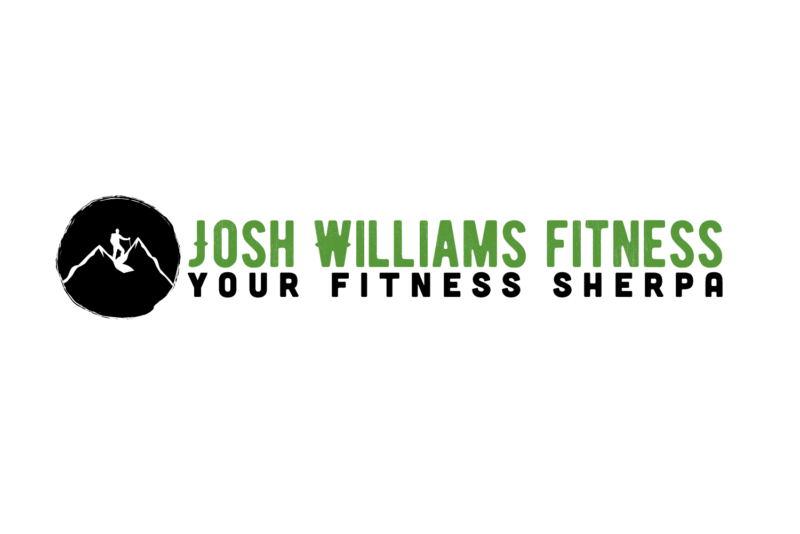If you have been lifting weights for longer the 6 months, then this might be a familiar happening.
You planned out your workout perfectly. Each set and rep and exercise was strategically picked to optimize your results. The first 4 weeks or so your bench seemed to jump by 5 pounds each week with ease. The next 4 to 6 week you are still seeing some improvement, you are still going up 5 pounds every week or so. By the third month you see your lifts come to a screeching stop.
The first thought you have is to increase the work. “I am not working hard enough. I need to do more sets. The more sets the stronger I’ll get.” You try this for a few weeks but nothing happens, your weight seems to have stayed the same or even slightly decreased in some instances.
The next idea might be to change up your workout. Either you make a new one or pull one offline that seems appealing to you, or one out of the latest issues of some muscle magazine. You stick to the program, doing everything it tells you to do. Your bench goes up in the first two weeks but after that nothing. Once again you find yourself stuck.
If you have ever been stuck at a plateau you know how frustrating it can be. It is as if you are in no mans land, nothing you do seems to work.
Why You Plateau
To beat the plateau we must first understand why we plateau. If you are someone who has just started a workout routine then the first 4 to 6 weeks is going to be filled with weight increase. You can do almost anything and see increase in strength.
The reason is that you are untrained. Going from something to nothing is a huge stimulus change for your body. The first 6 weeks your strength goes up due to your nervous system and your body being able to coordinate muscular contraction and motor unit recruitment.
The next 4 to 6 weeks you have actual muscle adaption. This means the muscle grows in size and is able to recruit more motor units. This is why you still see gains but not as drastic as the first 4 to 6.
By the fourth or fifth month adaption seems to come to a halt. This is due to the body’s inability to adapt. Without adapting you can’t lift more weight. The reason for this lack of adaption is because the body does not have enough time to adapt between workouts.
Simply put, you plateau because you are not allowing enough time for your body to adapt between workouts.
Getting Over the Plateau
Now that we have an idea of what plateauing stems from. We can now address the issue. To beat the plateau you need to allow more time for adaption. So the mind set of making your workouts harder or increasing the workload is the exact opposite of what you want to do.
What you need to do is go through a week or two of less work. This is called a back off period or a deload. This works by decreasing the workload without decreasing the intensity.
Example: You were doing 5×5 at 205. For your back off period, or deload you will know do 2×5 at 205.
The weight stays at the same intensity. You want to stay within 90% of your rep max, even during the deload, this will allow your body to maintain its level of neuromuscular readiness. What is changing is the amount of total reps. This is what we want to decrease. By keeping the intensity the same we are able to maintain our strength while giving your body time to adapt.
The back off period will last for a week or two, but it could be a full month before your body is fully recovered. Once you have recovered you can go back to your normal sets and reps and progress to higher weights.
Closing
Getting stuck at the same weight week after week can be very frustrating. The natural human thing to do is just to push through it and think you need to do more. This mind set will only take you so far, you have to let your body recover and adapt to the stimulus that you are throwing at it.
Keep the weight up and decrease the sets. This will allow you to get over your plateau and help you see gains for months to come.
Best
Josh Williams











Pingback: Recommended Reading | Spurling Training Systems